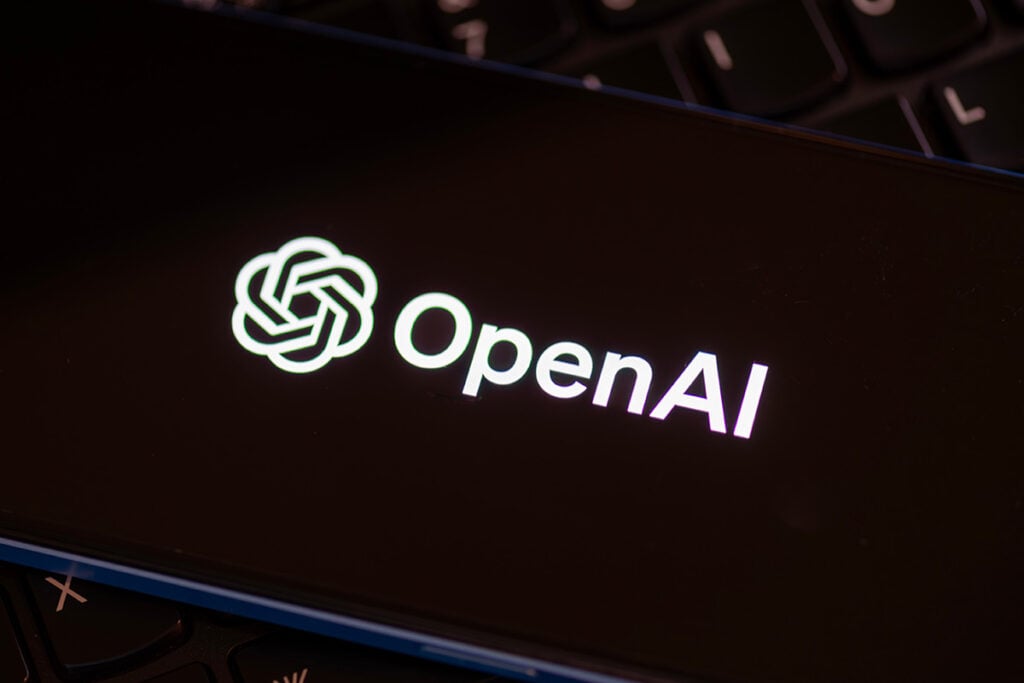TLDRs;
- UK government faces backlash over lack of clarity in its AI agreement with OpenAI.
- Ministers insist OpenAI will not access public datasets under new MOU.
- Lawmakers urge transparency, citing past tech project failures.
- Critics warn of giving tech firms too much influence in sensitive sectors.
The UK government has denied that OpenAI will receive access to its internal datasets, amid growing political and public unease over a new deal signed with the $300 billion US tech giant.
This comes after OpenAI and the UK Government announced on Monday a strategic partnership to accelerate the adoption of artificial intelligence and help deliver on the goals of the UK’s AI Opportunities Action Plan and its ambition to deploy AI for shared prosperity.
OpenAI CEO Sam Altman and the UK Secretary of State for Science, Innovation and Technology, Peter Kyle MP, signed a Memorandum of Understanding(opens in a new window) (MOU) focused on unlocking the economic and societal benefits of AI. The MOU will include collaboration to explore adoption across both public services and the private sector, infrastructure development and technical information exchange to drive AI-fueled growth in the UK.
The agreement, is part of a wider push to bring AI into public services. But the lack of detail around how data will be handled has triggered a flurry of criticism in Westminster.
Chi Onwurah, who chairs the Commons science and technology committee, said the government must spell out how the partnership works, and ensure the data of millions won’t quietly end up in American servers.
“It’s not enough to say ‘trust us’ anymore,” she warned. “People deserve to know what happens to their data.”
No Data Access, Government Says
In response to the backlash, a government spokesperson stressed that OpenAI would not be granted access to government databases. Despite the assurances, many remain unconvinced. Campaign group Foxglove called the agreement “hopelessly vague” and accused the government of letting Big Tech dictate the pace and shape of AI in the UK.
“This government seems weirdly eager to hand the keys of our public data to a Silicon Valley firm,” said Foxglove director Martha Dark. “It’s like putting the fox in charge of the henhouse.”
Lessons From the Past
For Onwurah and others, the concern isn’t hypothetical. Britain’s history with public-sector tech deals is littered with failures, from the Post Office Horizon scandal to NHS data-sharing controversies. That track record is why critics want hard rules, not soft promises.
“We’ve been burned before,” said Onwurah. “If the government wants public buy-in, it needs to do this one differentlyand that starts with transparency.”
The OpenAI deal is just one part of a larger effort to boost AI adoption across the UK. The government recently signed a separate agreement with Google to provide AI tools to schools, hospitals, and local councils. OpenAI’s involvement could eventually extend to new “AI growth zones” and further integration into services like justice and defense.
Altman has called the partnership “a step toward unlocking AI’s full potential in the UK.” But the debate now centers less on ambition, and more on accountability.
That said, as Britain races to lead in artificial intelligence, the question isn’t just how fast it can move. It’s who’s steering, and whether the public is even along for the ride.


